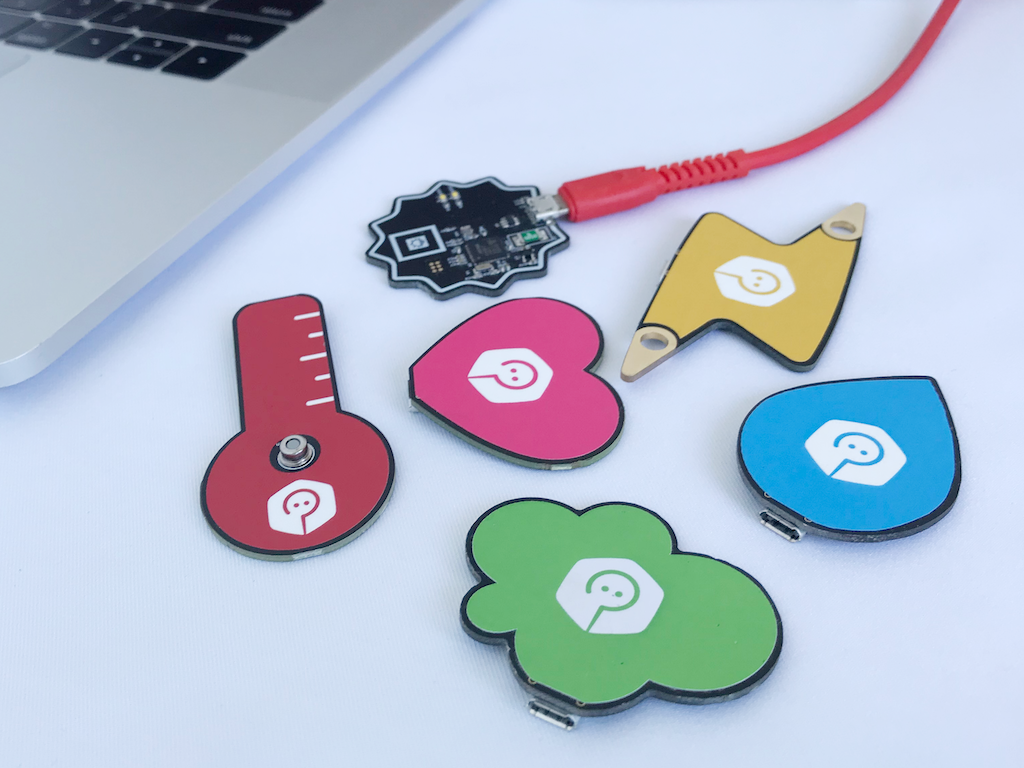Kiwrious
The Kiwrious project started out as an effort to make the science classroom more engaging, exciting and effective for intermediate school students in New Zealand. A multidisciplinary team of researchers, engineers, designers, and educators collaborated to create this educational experience incorporating cutting-edge technology into classrooms. Partnerships were formed with Auckland Bioengineering Institute, the Faculty of Education And Social Work, and the New Zealand Ministry of Education to keep this multi-faceted project aligned in technical, academic and educational needs.
Six custom sensors were developed, empowering students to safely measure environmental factors such as temperature, UV and light level, volatile organic compounds, and biological metrics such as heart rate. The sensors seamlessly integrate with a learning platform developed in accordance with the New Zealand science curriculum. The project was refined through feedback obtained from teachers, students and parents ensuring its relevance and accessibility.
After following a rigorous user-centric design process, over 10,200 sensors were produced and distributed to 35 schools around New Zealand, completely free of charge.
Supported by the Ministry of Business, Innovation, and Employment (MBIE) Curious Minds grant, this large-scale project uncovered new insights in the effectiveness of technology use in classrooms.
The sensors and the learning platform remain popular among students, further enhanced by the addition of open-source software frameworks that allow students to develop their own software programs to interact with the sensors.

